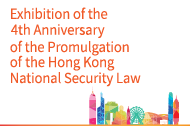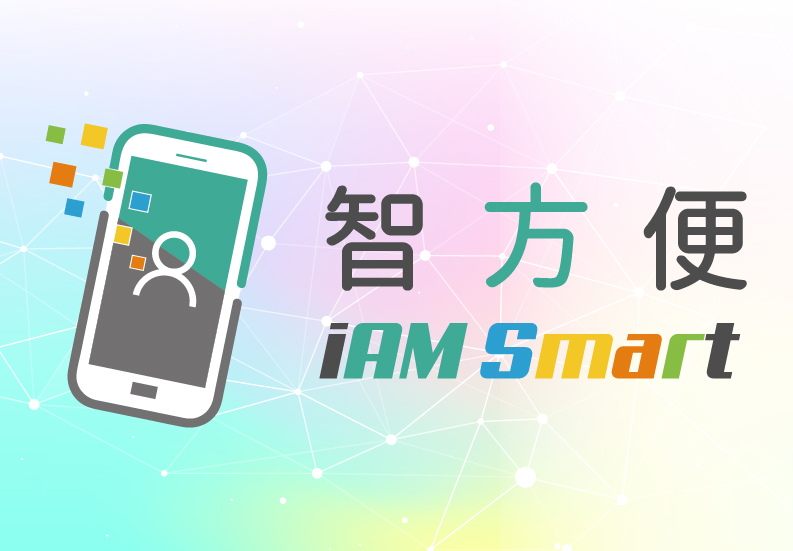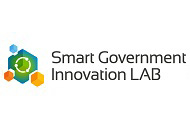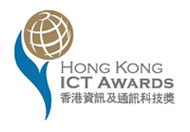Opening Remarks by Ms Candy Chan, Assistant Commissioner (Project Governance and Cybersecurity), at the “Hong Kong China Network Security Association 1st Anniversary Ceremony” (with photos)
David, Peter, Ada, Raymond, distinguished guests, ladies and gentlemen,
It is a great honor to stand before you today as we celebrate the first anniversary of the Hong Kong China Network Security Association (HKCNSA). I would like to express my gratitude to the Association for its invaluable contributions over the past year. Your efforts in promoting cybersecurity awareness, facilitating collaboration, and advocating for best practices are commendable. This milestone marks not only a year of achievements but also a significant step forward in our collective journey towards a safer digital future.
As we reflect on this progress, it is important to recognise the rapid evolution of cutting-edge technologies, such as artificial intelligence (AI), big data analytics, and machine learning, has brought numerous benefits to our lives. As highlighted in the 2024 Policy Address, the government is committed to leveraging AI to enhance various services. Within our operations, we are actively implementing this vision. For instance, the 1823 service, managed by the Digital Policy Office (DPO), is a round-the-clock and one-stop contact center that addresses enquiries for participating government departments. To enhance user experience and operational efficiency, 1823 has launched several AI projects. We have expanded the 1823 chatbot to handle frequently asked questions across all service areas, we have piloted generative AI technology to assist our staff in drafting responses to written inquiries from citizens, we have implemented AI speech-to-text technology to transcribe voicemail messages from citizens into text.
Last year, the Government, provided funding to establish the Generative AI Research and Development Center (HKGAI) through the InnoHK research platform. This center brings together research teams from five Hong Kong universities, led by the Hong Kong University of Science and Technology, to advance generative AI technologies and large language models. Currently, the centre is working on a copilot application for document processing, which will assist the Government in tasks such as writing, translating, and summarising documents. Our goal is to enhance the training of the large language model and to explore practical use cases within government operations.
Furthermore, to support the AI technology ecosystem, the Cyberport’s AI Supercomputing Centre will come into operation in phases. This center aims to meet the growing demands of local universities, research and development (R&D) institutes, and enterprises. By early 2026 at the earliest, the computing power of the Centre is expected to reach 3,000 peta-floating point operations per second (petaFLOPS), equivalent to a capacity of processing nearly 10 billion images in an hour.
As we welcome advancements in technology, it is imperative that we remain aware of its potential misuse. Establishing robust safeguards to protect our citizens and their data is essential to ensure that the benefits of technology are realised without compromising security and privacy. AI raises various concerns related to laws and regulations, ethical dilemmas, the authenticity of information, privacy protection, intellectual property (IP) rights, and the risk of addiction and excessive dependence and more.
In Dec 2023, the Innovation, Technology and Industry Bureau (ITIB) released the Policy Statement on Facilitating Data Flow and Safeguarding Data Security in Hong Kong. This statement outlines the government's management principles and key strategies regarding data flow and security, presenting 18 specific action items. Its purpose is to promote the development and safety of data flow in a more coordinated manner while supporting the growth of innovation and technology (I&T), including AI, in Hong Kong.
In reaction to the challenges, the DPO has introduced the Ethical AI Framework for all government bureaux and departments (B/Ds). This framework offers practical guidance for implementing IT projects that integrate AI and big data analytics, while also incorporating ethical considerations throughout the planning, design, and execution phases of these projects or services. In August 2023, we updated this framework to address the latest advancements in generative AI, offering clear guidelines for developing AI applications. By adhering to these safeguards and ethical guidelines, we can harness the power of AI while protecting our society.
The Government promulgated the Hong Kong Innovation and Technology Development Blueprint aimed at advancing Hong Kong as an international hub for I&T. This Blueprint is guided by four key development directions. First, enhancing I&T ecosystem and promote 'new industrialisation' in Hong Kong. Second, enlarging I&T talent pool to creating strong impetus for growth. Third, promoting digital economy development and developing Hong Kong into a smart city. Forth, proactively integrate into the overall development of the country and consolidating our role as a bridge connecting the Mainland and the world.
To achieve these goals, the Blueprint outlines clear directions and major policies for Hong Kong's future I&T development. By cultivating a culture of innovation and technology throughout the community, we can raise awareness of the benefits of technology through targeted campaigns and initiatives. This will help individuals and businesses understand how technology can enhance their security and defensive capabilities. Additionally, fostering a more technology-driven culture will attract and retain top talent in the cybersecurity sector, further bolstering our security capabilities.
Cybersecurity is no longer just a technical issue, it has become a critical component of our national security, economic stability, and public safety. As you may all know, the government is working on a legislative framework to enhance protection of the computer systems of critical infrastructure. The purpose of the proposed legislation is to strengthen the security of the critical computer systems of critical infrastructure and to minimise the chance of essential services being disrupted or compromised due to cyberattacks, thereby enhancing the overall computer system security in Hong Kong. As we navigate the complexities of an increasingly digital world, our commitment to cybersecurity must remain unwavering. By fostering collaboration among different stakeholders in the community, we can create a robust cybersecurity ecosystem.
The Government is committed to seizing every opportunity presented in the digital era to advance I&T development, keeping a positive and open mind to explore and formulate the required response and enhance the quality of life for our citizens. Together, let us embrace these challenges and opportunities, ensuring a secure and prosperous future for Hong Kong.
Thank you.
- ENDS -



















































